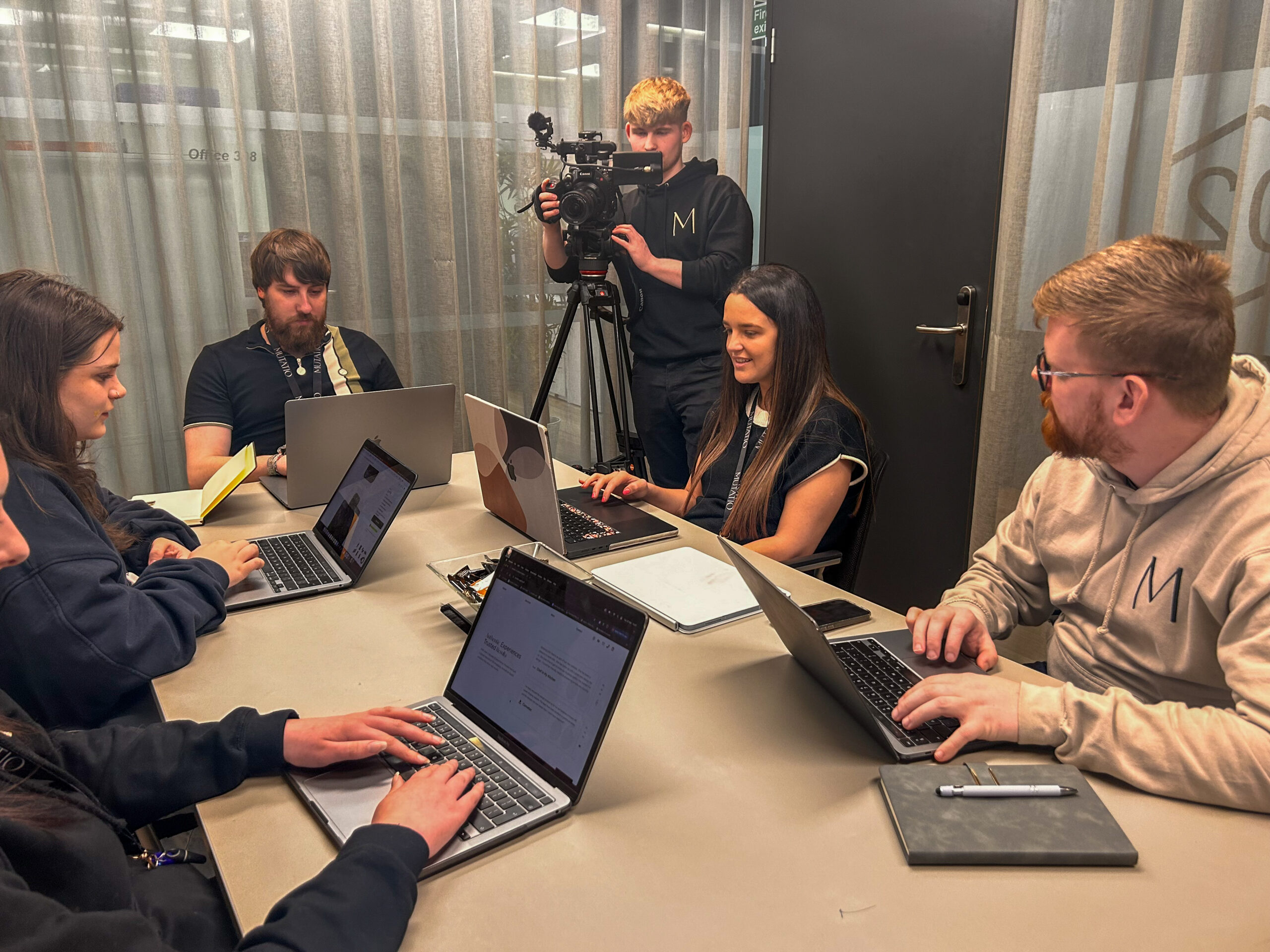A Basic Guide To Search Engine Optimisation
SEO has always seemed so technical and difficult but it’s not as scary as you think. Search Engine Optimisation (SEO) is the process of optimising your website to appear in the top results of the search engines. This can be done in a variety of ways but the end goal is the same for any company delving into the world of SEO. You want your website to appear on the first page of Google, preferably at the top, when users search for a particular word or phrase. Now don’t get confused with PPC which are the small adverts at the top of the search results. SEO is all about optimising your website without having to pay for it (unless you’re working with a digital marketing agency). Finding your feet with SEO might be daunting but once you’ve learnt the basics, you’ll be off in no time.
Types of SEO
When it comes to SEO, there are two types to be aware of. Onsite SEO is what you write about yourself on your website. It’s what you can control and what you decide to include your site. There are many different elements that come with onsite SEO including keywords, inbound links, images and content. Our Warrington SEO Experts explain the importance of knowing what your target audience are actually searching for and what they are wanting from your company. Put yourself in their shoes and think realistically about what words and phrases they would be typing in.
On the other side, there is Offsite SEO. This is what others are saying about you. Offsite SEO is just as important as Onsite SEO but works in different ways to achieve your top space on the search engines. For Offsite SEO, you are looking to get reputable companies to post about your services and include a link to your website on their post. This is something Google will credit for you. This gives you an extra boost as if you think about it, you’re allowing someone else to vouch for you as well as vouching for yourself.
Keyword Research
One thing our Warrington SEO Experts say is the most important part of SEO is choosing the right keyword for your website or article. Keyword research is the process of looking through your options, seeing what’s popular at the minute and amending it to suit your services and the location you’re targeting. Trying to rank for the wrong keyword can waste a lot of your time so it’s important to get it right before you start optimising your whole site. Each keyword will be different for every company. Some keywords will have more people competing to rank for them whereas others might not be as popular. Some good advice would be to start by looking at the low competition keywords and then work your way up. If you are targeting a specific location, you also might want to think about including that within your keyword phrase.
Google’s Algorithms
If you are going to delve into the world of SEO then you need to ensure you are keeping up to date with Google’s Algorithms. Google will usually change their algorithms if they suspect any wrong doings by content owners such as black-hat techniques or spamming across their website. However, sometimes it might just be an update to provide better results for good quality content. SEO is such a big part of the marketing world that staying on top of the latest updates and trends is too important to miss. To make sure you don’t miss anything, try to subscribe to a newsletter that will inform you when something new has happened with SEO. That way, you can amend your SEO campaign when needed.
Onsite Optimisation
As previously mentioned, there are a lot of ways to work on onsite optimisation. The main goal is to make your page relevant to the keyword you are targeting. You can either do this within your company, if you have SEO experts already, or you can work with a digital agency to help you achieve your SEO targets. To ensure you are making your page relevant, you need to be including your keyword within your content on your pages. This will show the search engines what you are trying to rank for. However, don’t include it in areas of content that are not relatable as this will be seen as spam and can damage your SEO. Another thing to do for your onsite optimisation, is to include inbound links to other pages on your website. This will allow you to connect different pages on your site and show that you are keeping your content relatable to your whole company. It’s also a good way to get readers to visit more than one page on your website. There are many more features which can help you optimise your website and boost you to the top of the search engine results.
Actioning Your SEO Campaign
Before you start your SEO campaign, you need to have a strong plan in place. To ensure your plan covers everything, you need to think about the following elements:
- Topics
- Keywords
- Google’s Algorithms
- Website Pages
- Blogs
- Link Building
- Social Media
- Reports
All of the above will allow you to work towards achieving a great SEO strategy. You can also look into hiring a digital marketing agency who can do all the research and implementing for you. Our Warrington SEO Experts have helped many small to medium businesses get on the first page of Google and we can do the same for you. To find out more about what areas of SEO we cover, head over to our website at https://www.bluewhalemedia.co.uk/marketing/seo-marketing/







